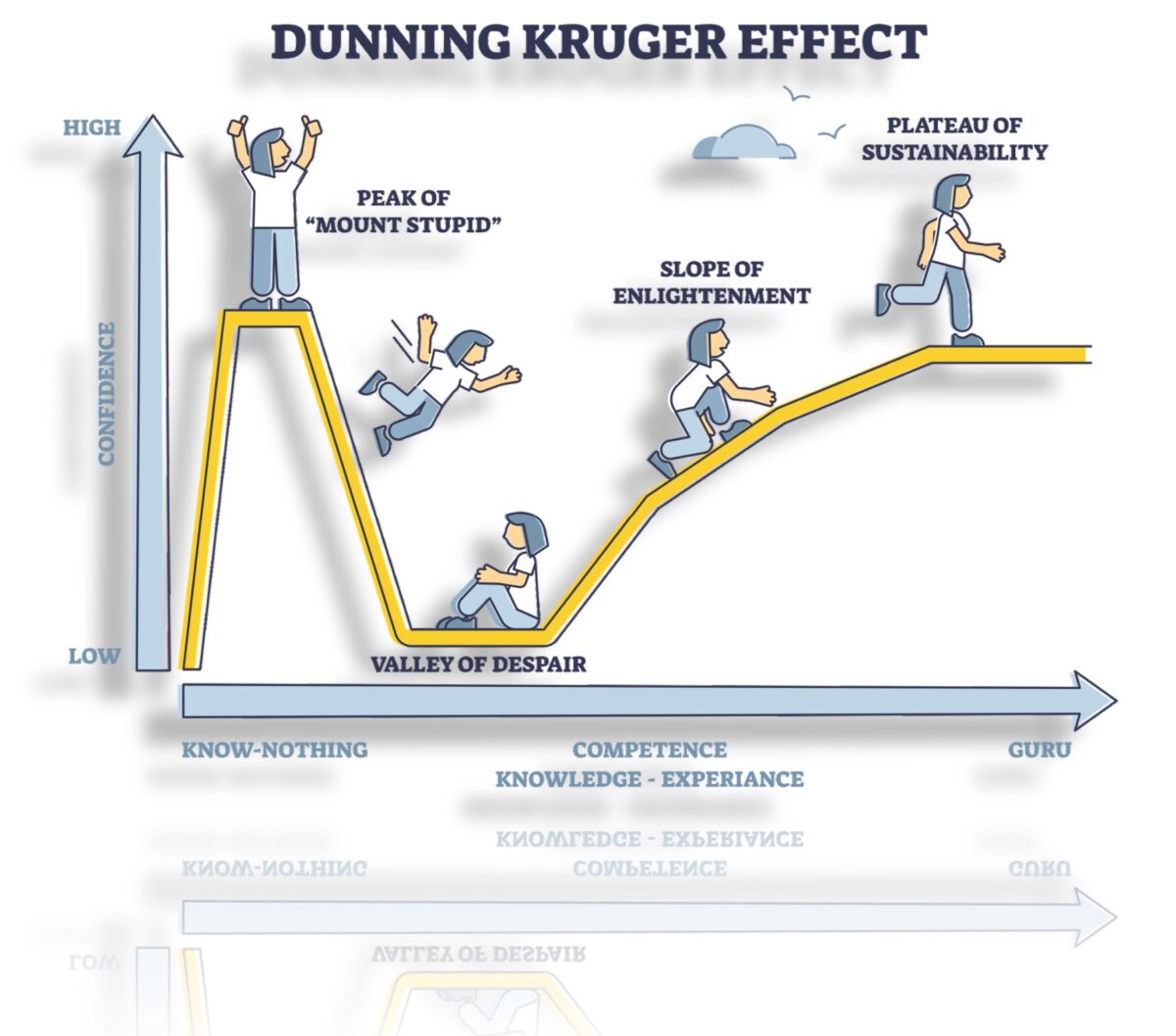
“Transformation” is a hot topic gaining traction (and notoriety) across all industry types, professions and business sizes. Digital tool implementation and adoption, including software, AI and more, remains a top of strategic imperative and competitive differentiator for many business leaders. But yet, success in these initiatives remains inconsistent or outright elusive. Data collected from leading research firms demonstrates year-over-year that the majority of these digital initiatives fail to yield the expected impacts. Yet, failure to move past these challenges can leave a business woefully behind and unable to attract and retain customers, talent and investors. These are highly complex pursuits with costly implications when teams are not properly resourced, engaged & supported along the way. Significant commitments of time, capital and personal credibility could either have a highly valuable return on investment OR create internal chaos, along with anything imaginable in between.
What is a leader to do? Below is a summary of 5 steps that can be taken to begin a successful digital transformation initiative.
Before starting, understand that digital transformation is more than just successfully adopting new tools or automating manual processes—it’s about a wholesale evolution of critical skills, mindsets, processes, and structures to stay competitive in a rapidly shifting landscape. The work will never be entirely “done” due to the exponential speed of new technology emergence and available data, so it ties well to a culture of continuous improvement.
Step One: Assess Your Current State
-
- Decide on an appropriate level of assessment process & resources.
- Evaluate existing systems, processes, structures and talent.
- Gather available & new data on pain points, perceptions and performance gaps.
- Engage critical stakeholders for an honest, 360-degree view.
Step Two: Define Clear Goals & Priorities
-
- Align digital initiatives with overarching business or functional strategy.
- Establish measurable outcomes.
- Secure leadership buy-in by clarifying expected outcomes and available project investment.
- Separate long-term vision from key phases or deliverables.
Step Three: Map the Required Talent & Tech
-
- Identify skills required; create a plan to address gaps with training, fractional experts or new hires.
- Research technology options & approaches that best align with key long-term needs & business criteria.
- Prioritize phases, balancing foundational enablers with innovative leaps.
- Ensure cross-departmental collaboration to break down silos and encourage shared accountability.
Step Four: Pilot & Iterate
-
- Launch small-scale pilots to test viability before a full rollout.
- Track results and collect feedback early & often, adjusting rapidly.
- Communicate wins (& key learnings) to build momentum and maintain stakeholder confidence.
- Involve people close to the work for targeted outcomes and to drive long term internal buy-in
Step Five: Scale Up & Embed the Change
-
- Refine successful pilots and expand across the organization.
- Resource proactively & at a level realistic to initiative goals.
- Provide ongoing training and support to foster a transformative culture.
- Embed digital thinking, innovation and collaborative problem-solving into day-to-day operations.
- Reward the actions & behavior you want to see replicated.
Author Tips & Key Takeaways for Success in Transformation Initiatives:
- Cultural Readiness is essential; without an environment receptive to change, even the best tools will fail.
- Ongoing Measurement & Adaptation guide the transformation. Stay agile and pivot quickly when data signals a need.
- Action-Orientation & Risk Assessment is important to avoid analysis paralysis and empower decisions at the appropriate levels.
- Visible Leadership & Accountability help maintain alignment, minimize resistance, and sustain long-term success.
If any of this resonates or feels overwhelming, have no fear. You are not alone. SuccessBridge, LLC is here to help enable your teams. For additional insights or support on any phase of digital transformation or technology adoption—strategy, planning, or execution including talent upskilling—reach out to discuss how we can partner effectively to achieve your organization’s goals.
https://www.linkedin.com/in/alyssaborden/
(US +1) 402-972-5071
Good luck. You’ve got this. The future is here. And it is exciting.









